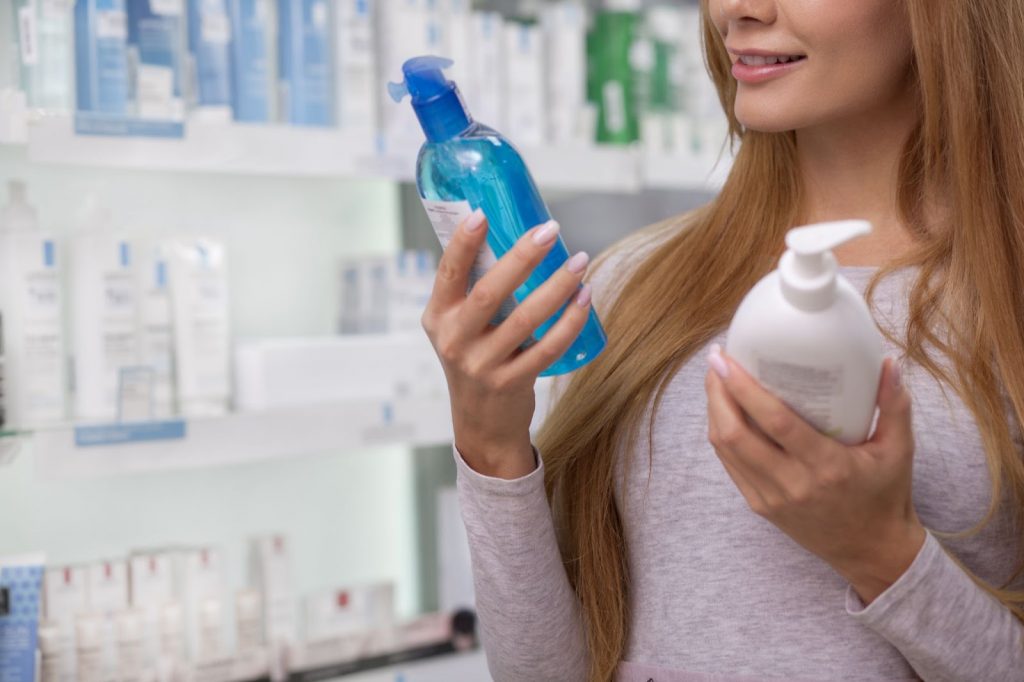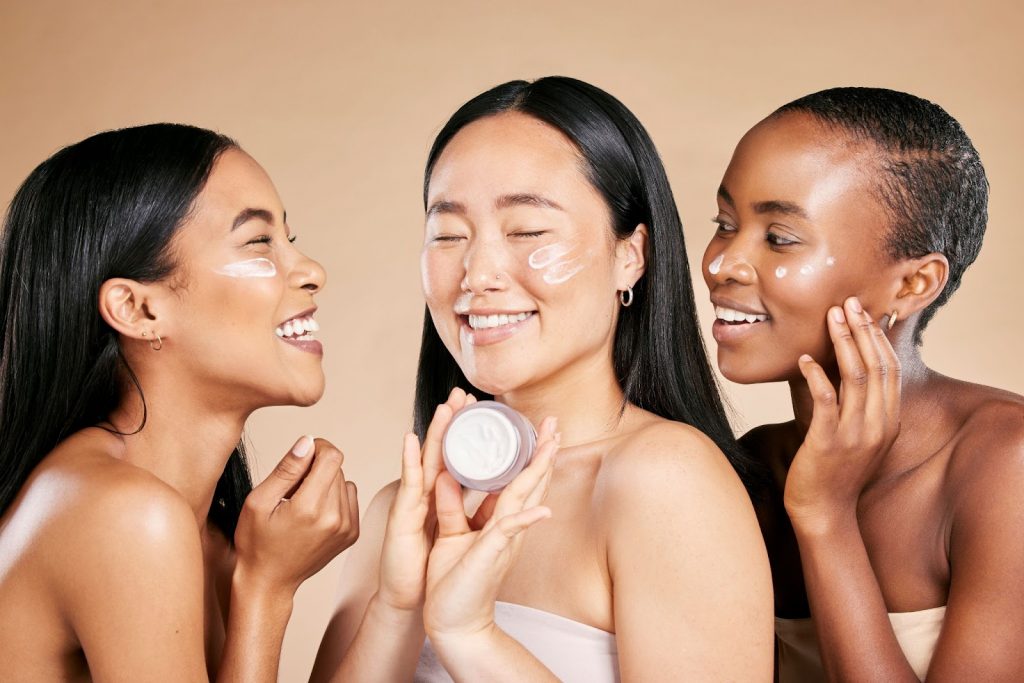Cosmetic regulations in Australia are evolving to ensure consumer safety and the quality of products. In recent years, several changes to Australian Cosmetic Regulations have had a significant impact on both companies and consumers. This article will explore the latest updates to Cosmetic Regulations Australia.
Cosmetic vs Therapeutic Goods
Australia has a two-tiered system for classifying beauty products: cosmetics and therapeutic goods. Distinguishing between the two can be tricky. A combination of factors makes the determination. These factors could be the purpose of the product, ingredients, effects on the body, application, and presentation.
Cosmetic products are generally intended to provide aesthetic improvements. Whereas therapeutic goods treat health conditions through a physical application or consumption. They also often contain active pharmaceutical ingredients.
Most cosmetic products feature natural or synthetic ingredients. These provide specific skincare benefits without treating underlying medical conditions. However, there are some products that contains elements that confer therapeutic benefits. Therefore, these products must be regulated as a therapeutic goods.
Make sure to understand the differences between cosmetic and therapeutic goods!
The Three Regulatory Schemes
Cosmetic Ingredient Regulation
Cosmetic ingredients are managed under the Australian Industrial Chemicals Introduction Scheme (AICIS). This scheme defines a cosmetic and that a product cannot be cosmetic if it is a therapeutic good. AICIS undertakes the risk assessment of ingredients used in cosmetic products. AICIS regulates chemicals imported or manufactured for industrial use, including cosmetics.
Cosmetic Product Regulations
The Australian Competition and Consumer Commission (ACCC) is the primary regulator for cosmetic products. This act handles consumer safety, ingredient labelling and claims of cosmetic products.
Therapeutic Goods Regulations
Therapeutic goods are regulated under the Therapeutic Goods Act 1989. Other laws can also apply, such as state and territory laws. The act defines therapeutic goods as a product used to treat a disease or affect the form and function of the body.
Cosmetic Regulations Australia
Cosmetic regulations Australia are important to ensure consumers’ safety when using cosmetic products. These provide the products used in beauty treatments that meet standards for quality, labelling, and packaging. The Australian Competition and Consumer Protection regulate cosmetics and related substances in Australia.
The ACCC regulates cosmetics under various laws, including the average Quantity System in Australia. This regulation confirms the measurement of packaged goods sold by weight, length, volume, number, or area. Additionally, it is also required that any new cosmetic product must first be registered with the Therapeutic Goods Administration (TGA) before it can be sold.
In addition, it is vital to place information about ingredients and their impact on health on product labels. There is also a rule for warnings if a product contains potentially hazardous ingredients. These warnings could alert users to products that may cause skin irritation or allergic reactions. Another important cosmetic regulations Australia is the Advertising Standards Board (ASB). This provides guidelines for advertising cosmetic and therapeutic claims made by manufacturers.
The ASB ensures manufacturers adhere to Australian Consumer Law (ACL) when making product claims. These claims could range from guarantees or warranties of performance or effectiveness. Additionally, manufacturers must provide evidence for claims about their product’s safety or efficacy.
There are many laws regarding selling cosmetic products!
Penalties for Breaching Product Safety Laws
The penalties for breaching product safety laws depend on the nature of the breach, but they can be severe. The ACCC regulates these laws and enforces compliance. Suppose a business or individual is violating the law. In that case, they may face civil and criminal penalties. These include fines and injunctions to stop them from continuing their activities.
Criminal penalties may apply if a business is intentionally engaging in false or misleading conduct on the consumer protection legislation. These offences carry the largest sentences of up to 10 years imprisonment. Moreover, fines can be issued of up to $360,000 for an individual and up to $1.8 million for a company per offence.
In addition to legal consequences, there are other potential repercussions that businesses should be aware of when following product safety laws in Australia. These include reputational damage due to negative press coverage, consumer boycotts and loss of sales.
If you don’t comply with cosmetic regulations, there are severe consequences you can face!
What Does This Means for Cosmetic Companies and Consumers
The latest changes to Cosmetic Regulations Australia can impact Cosmetic Companies and consumers. This means stricter labelling requirements, increased reporting, and evaluation of product safety. This could lead to higher production costs and compliance costs. Therefore, results in a greater need for resources to ensure all products meet the necessary standards.
Meanwhile, consumers can expect improved safety measures for cosmetic products. This results in an increase in quality across the sector, with fewer dangerous cosmetics sold on shelves.
There are no worries when you follow the law!
How to Advertise Cosmetic Products
Advertising cosmetic regulations Australia is a delicate process due to the strict regulations. Before advertising products, cosmetic companies must be aware of the rules laid out by the ACCC and other government bodies.
Under the mandatory provisions of ACL and cosmetic goods information Standard 2020, the ACCC regulates:
- Product safety requirements.
- False or misleading claims.
- Misleading and deceptive conduct.
Product advertising includes labels, packaging, and marketing material. Using claims such as “soothes dry skin” about a skin cream does not make it a therapeutic good. However, using this claim alongside images of dry skin gives the impression that the advertised goods are therapeutic.
When promoting your products, ensure that they are not misleading and contain the right message!
Keep Up with the Latest Regulations.
Cosmetic Companies operating in Australia must be aware of and follow the Cosmetic Regulations set by the TGA. Although new Regulations are challenging for businesses, there are opportunities for the industry. Improved safety measures for cosmetic products will result in an increase in quality across the sector. Contact us for more information about cosmetic regulations Australia!









